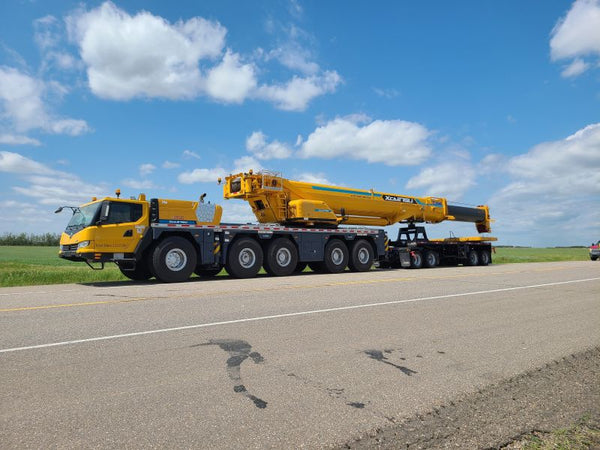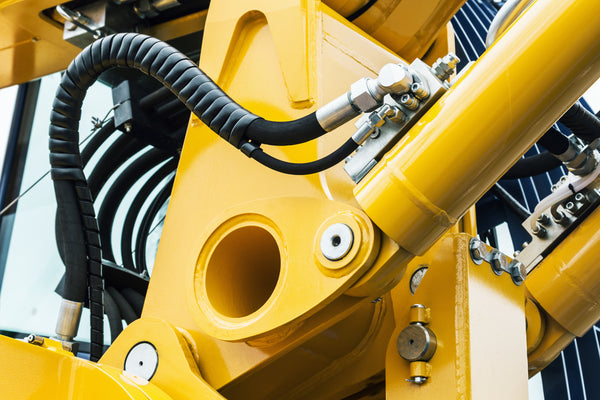Is It Time for New Hydraulic Hoses?
If you own or operate hydraulic equipment you may need to check hydraulic assemblies and components regularly. Just because a hose is not leaking or broken does not mean you should keep it in service. In fact, it is best to replace hoses and hydraulic hose accessories before they fail. Here are some helpful tips for spotting trouble before it costs you a lot of needless repair bills.
Scuffing
Is one of your hydraulic hoses scuffed or marked up? If so, try to determine the cause of the scuffing. This could be the beginning of major trouble. If the problem is just a result of normal wear and tear you should keep a close eye on the hose and consider replacing it if it gets worse.
Kinking
Hydraulic systems should not have any kinked hoses. Kinking is often a sign of improper installation. For example, the installer may have failed to route the hose properly or perhaps he installed a hose which was too short. Kinking can lead to premature wear and tear and it is a good idea to replace the kinked hose with the proper size hose.
Corrosion or Oxidation on Fitting
If hydraulic hose couplings or fitting have signs of rust or corrosion, look closer. There may be a slight leak or your hose may be getting old. Corroded fittings may start to leak without notice and this can create a lot of headaches. This is a good time to order replacement hydraulic assemblies.
Hose and Fitting Leaks
When a hose is leaking and it is not coming from a connection, it needs to be replaced. If you notice leaks around hydraulic hose fittings, try tightening the connections. You may just have a loose fitting. Vibrations from heavy machinery can cause loose connections sometimes. However, never do this while the machine is running and the system is pressurized. You could receive a serious oil injection injury.
Injection Injuries Can Be Serious
If you touch leaky hoses or fittings while the hydraulic system is operating, it may inject oil into your hand. This is similar to injecting you with a hypodermic syringe full of hydraulic fluid. If you think you may have received an injection injury, seek emergency medical care right away. You may seem fine at first, but serious complications (including amputation or death) may occur.
Cracks
Just because a crack is not leaking fluid does not mean the hydraulic hose is fine to use. As hydraulic hoses age, they become stiff and aging makes it easier to form cracks. It is just a matter of time until they begin to leak and you can take care of this problem now to avoid major issues in the future.
Hardness
Feel hoses when the equipment is not running. If they feel hard and stiff, you should consider replacing them. Replacing a hose before it fails is in your best interest.
Serious Damage
If a hydraulic hose is crushed or bent, it cannot be repaired. It should be replaced as soon as possible. Make sure to determine the cause of the damage so it will not happen again.
Things to Remember
Scuffed or kinked hoses should be replaced soon. Look for signs of corrosion or fluid leaks when inspecting hoses and check for hardness and cracking. Damaged hoses need immediate replacement. Do not touch leaky hydraulic hose fittings or assembles because fluid injection injuries may be very serious.



